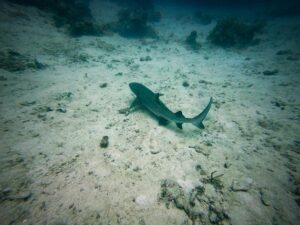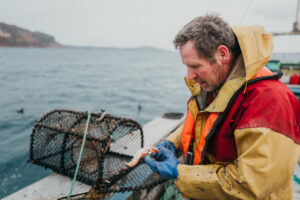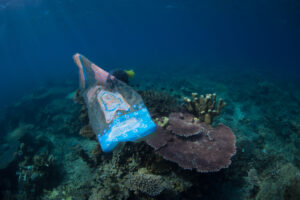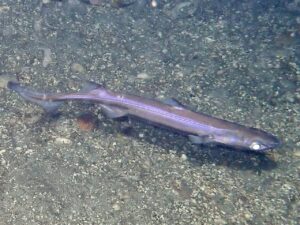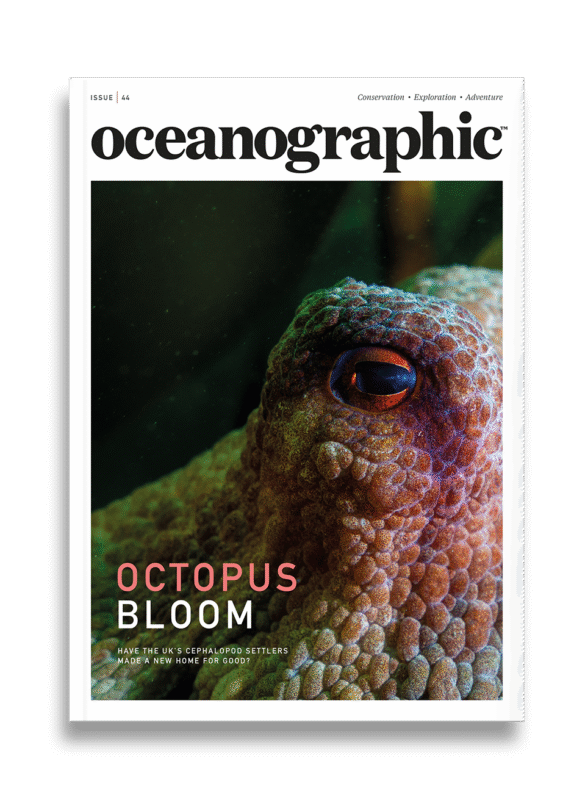River pollution lawsuit makes history as thousands of claimants join
The High Court case has been filed against poultry production giants Avara Foods Limited and Freemans of Newent Limited as well as the sewage company Welsh Water, over the “extensive and widespread pollution” of the Rivers Wye, Lugg, and Usk.
In a landmark legal move, nearly 4,000 individuals – united by a deep connection to three beloved British rivers – have launched what has become the largest environmental claim ever brought before the UK courts.
The High Court case, filed against the two poultry production giants Avara Foods Limited and Freemans of Newent Limited, alongside the sewage company Welsh Water, challenges what claimants describe as “extensive and widespread pollution” of the Rivers Wye, Lugg, and Usk.
All three have denied the claims brought forward. All 3,493 individual claimants are residents, local business owners, or people who use the rivers Wye, Usk, or Lugg for leisure and family time. They include those with riverside properties or fishing rights and other householders or tenant who live or run businesses near intensive poultry units, chicken growing farms, or sewage infrastructure.
Businesses reliant on local tourism and river activities have also joined the claim.
They all allege that Avara, Freemans, and Welsh Water are responsible for river pollution and the severe impact it has had on business, recreation, tourism, and property values since August 2019. They have asked the court to award substantial damages for that period.
“This legal action is a culmination of extraordinary effort by local communities to research, monitor, and advocate for their rivers,” said Oliver Holland, group claims partner at Leigh Day. “Formally commencing this action is a concrete step toward protecting these vital national ecosystems.”
At the heart of the claim is the alleged impact of pollution caused by water run-off from farm land containing high concentrations of phosphorus, nitrogen, and bacteria resulting from the spreading of thousands of tonnes of poultry manure and sewage bio solids. In addition, bacteria and nutrient pollution has been caused by the discharge of sewage directly into the rivers from Welsh Water sewage systems.
It’s reported that high concentrations of phosphorous and nitrogen in the river have caused substantial growth of algae which cuts oxygen, suffocating fish and harming fauna, leading to key species deaths as well as reduced growth and bad smells as it decays.
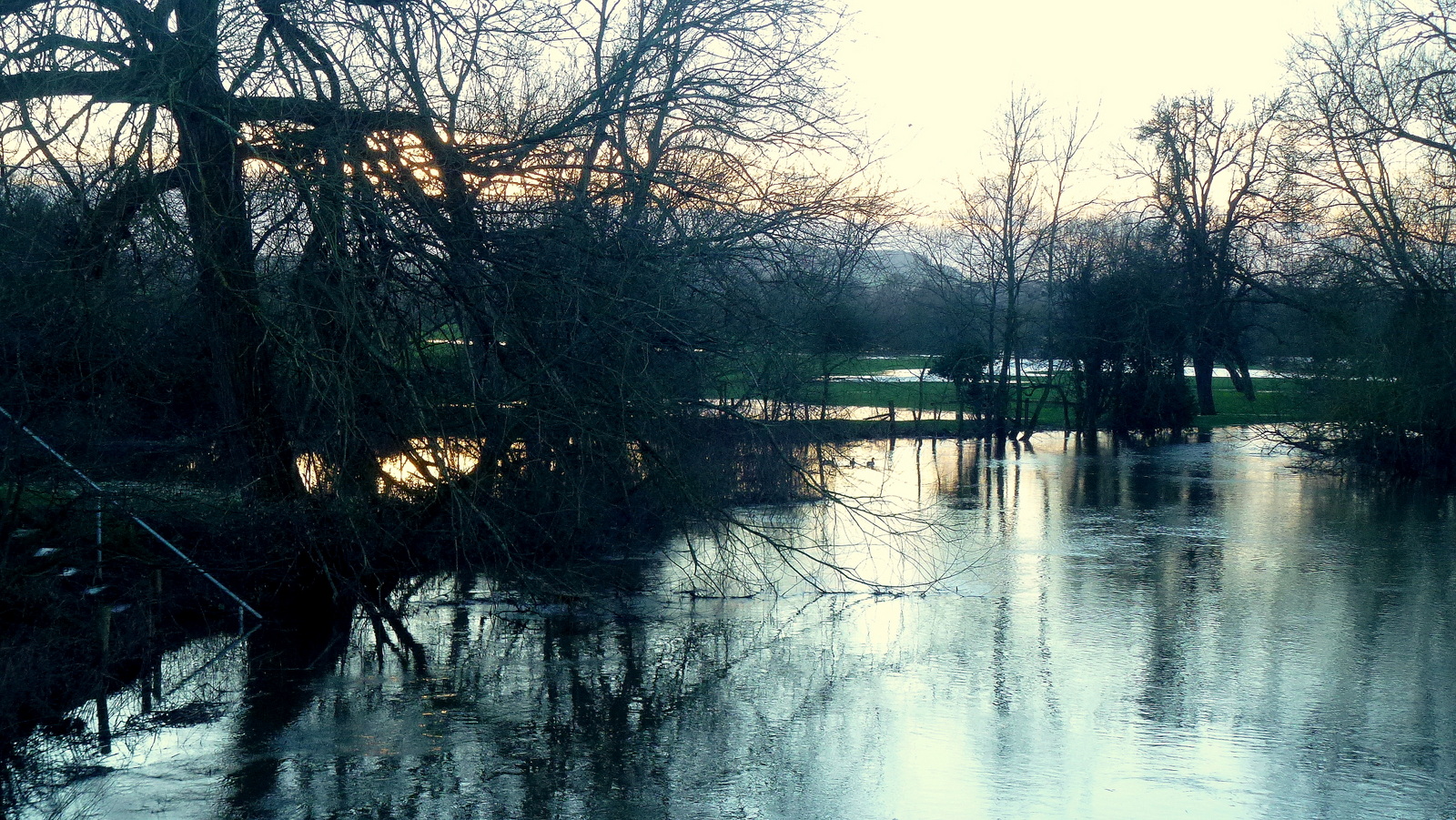
Since August 2019, the rivers’ declining condition has been more than an ecological concern – it has had real human costs. Businesses reliant on river tourism have suffered while property values near the water have dropped. The Lugg Moratorium, a local building ban enforced by Herefordshire County Council to protect the fragile river from further pollution, has left many residents in a state of limbo.
Each river tells its own story: the Wye, a designated Area of Outstanding Natural Beauty; the Usk, a Special Area of Conservation; and the Lugg, a once-pristine tributary under emergency protections. In recent years however, all have been at the centre of heated debate, drawing attention from Parliament, the national press, and campaign groups such as River Action and Friends of the Upper Wye.
“This is the largest legal action concerning environmental pollution ever brought in the UK,” Holland said. “In a context where government and regulators have failed to prevent the degradation of our rivers, the court has become the last avenue for justice.”
The case is now expected to become a key test for how the UK’s legal system responds to large-scale ecological harm and underscores a growing frustration among communities who feel abandoned by public regulators. It also raises fundamental questions, including who it is responsible for the protection of our rivers, and what happens what that protection fails?


"*" indicates required fields
Printed editions
Current issue
Back issues
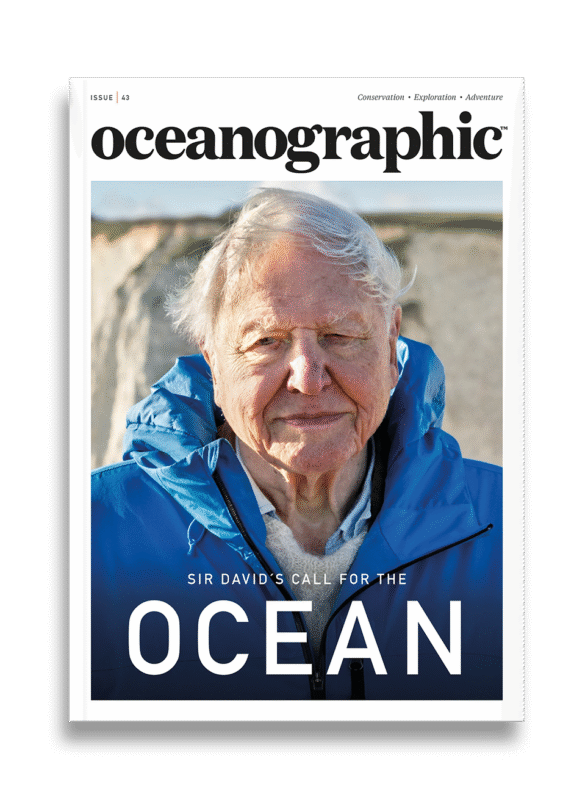
Back Issues
Issue 43 Sir David Attenborough’s ‘Ocean’

Back Issues
Issue 41 Holdfast to the canopy
Enjoy so much more from Oceanographic Magazine by becoming a subscriber.
A range of subscription options are available.

